Culture
The definitions of what is culture may change but the practice of understanding, and unpicking cultural history is an important dimension to understanding any historical period. In this section articles explore the way that definitions of culture have changed and how those changes have affected values and attitudes. The impact of the written word on fashions and ideas and the role of historic movements such as the renaissance are all addressed in this section.
Sort by:
Date (Newest first) | Title A-Z
Show:
All |
Articles |
Podcasts |
Multipage Articles
-

The Anglo-Saxon Kingdoms and Europe
ArticleClick to view -

The Borgia: from fact to fiction
ArticleClick to view -

The British Empire on trial
ArticleClick to view -

The Christian Kingdoms of Nubia and Ethiopia
ArticleClick to view -
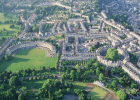
The Great Spa Towns of Europe: a UNESCO World Heritage Site
ArticleClick to view -
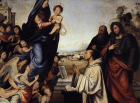
The Memory of a Saint: Managing the legacy of St Bernard of Clairvaux
ArticleClick to view -
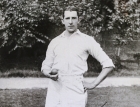
The Somme: a last innings for Yorkshire and England
ArticleClick to view -

The Venerable Bede: recent research
ArticleClick to view -

The Wolfson Prize for History at 50
ArticleClick to view -

The Wonderful Land of Oz
ArticleClick to view -

The amazing adventures of Pytheas the Greek
ArticleClick to view -
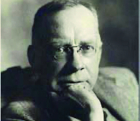
The circle of Ulster literary male friendships of author Forrest Reid
ArticleClick to view -

The cultural biography of opium in China
ArticleClick to view -
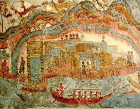
The emergence of the first civilisations
ArticleClick to view -
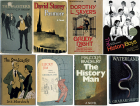
The portrayal of historians in fiction: people on the edge?
ArticleClick to view -

The throne and the fairy tellers
ArticleClick to view -

Tourism: the birth and death of the little Welsh town?
ArticleClick to view -
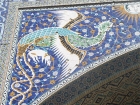
Travel
ArticleClick to view -

What did it mean to be a city in early modern Germany?
ArticleClick to view -

What is interesting about the interwar period?
ArticleClick to view

